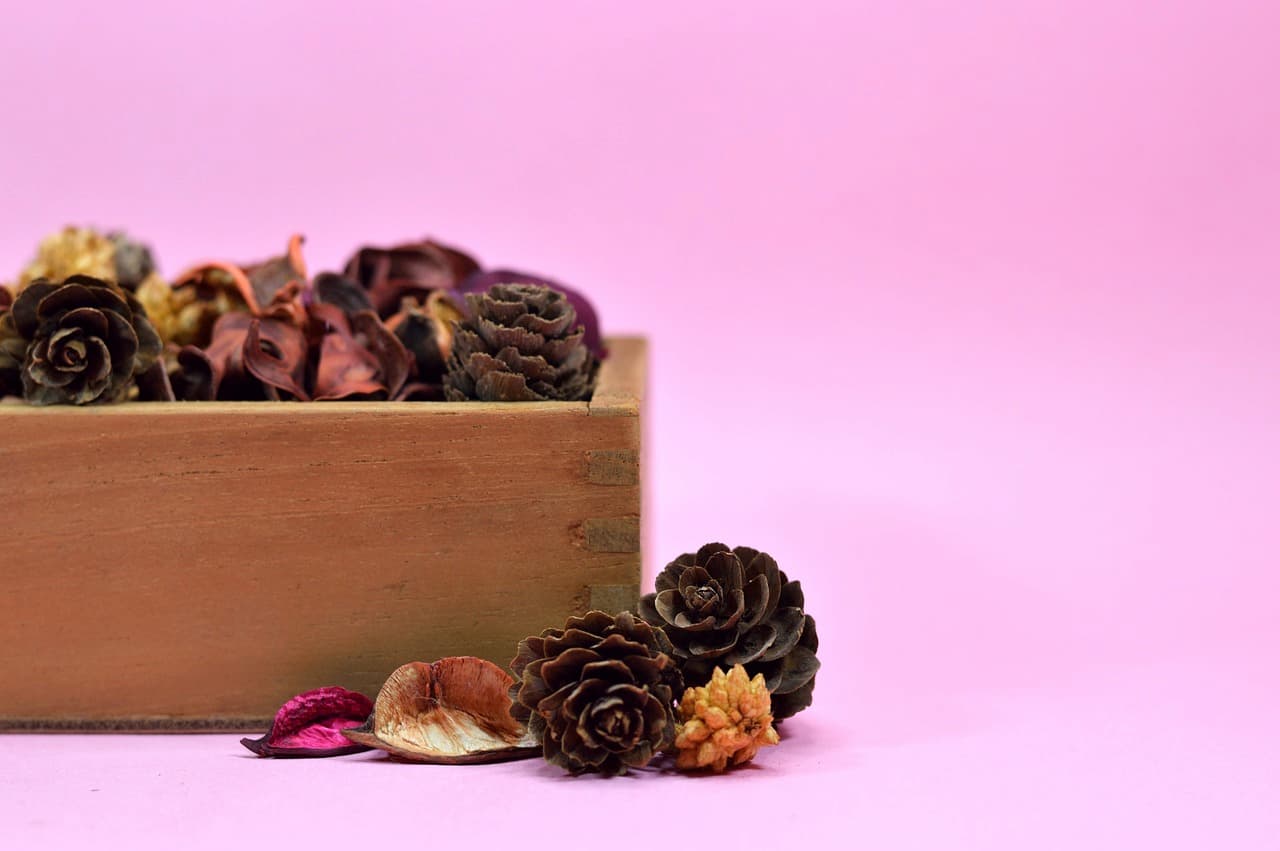
When cleaning at home, you may not give much thought to the products you are using… Until you wind up with a pounding headache from the fumes, skin irritation from coming into contact with harsh chemical cleaners, or worse. It is possible to make your cleaning routine more green without sacrificing the efficiency of your cleaning methods. Here are four easy ways you can make your cleaning routine more green now.
#1 Swap out your cleaning cloths
If you use disposable paper towels or microfiber cloths – stop! Disposable paper towels may be great to use and toss, but paper waste builds up in landfills, sewer systems, and the environment. You can save money by tearing up t-shirts and other old clothing (or even old towels!) and using those to clean. Simply drop them into your washing machine when you’re done.
Microfiber cloths can shed micro plastics – even after years of owning them. We talk about that in our microfiber blog post, but many of the effects of microplastics in the body, which cannot be filtered out, are still to be determined.
#2 Use baking soda instead of a noxious toilet cleaner (or other chemical)
Sodium bicarbonate, also known as baking soda, available in the baking aisle of any grocery store, deodorizes and can help clean. Pair with vinegar to remove clogs, and with soap to soften water. Baking soda is naturally occurring on Earth and comes from the minerals nahcolite and trona, which are refined into the baking soda we know from our cupboards.
#3 Opt for a brush instead of a sponge
Doing dishes with a dirty, smelly synthetic sponge? Most sponges made nowadays, especially the rectangular ones we know in our kitchen sinks, are made of petroleum based products – in other words, similar to plastic. Instead, try something that will last a little longer and smell a little less. Dish brushes, silicone sponges, and silicone scrubbers (Silicone is not made from petroleum!) are all fast drying, long lasting alternatives to a stinky sponge.
#4 Skip air fresheners
Febreze, Glade, and other air fresheners don’t do much but attempt to mask a smell (often failing too!) and are loaded with ingredients and chemicals (VOCs) that are meant to bind to smells, but often end up irritating the lungs instead. With extended use, some of these chemicals can even reduce the ability to use the lungs. Definitely avoid products like these if you have asthma or respiratory issues as it can exacerbate them. Consider using other smell-masking products that don’t require spraying into the air – soy candles, potpourri, and essential oils can all help mask stinky smells in bathrooms and elsewhere.
We hope these easy tips help you green up your cleaning routine and keep yourself and your family safe and healthy!


